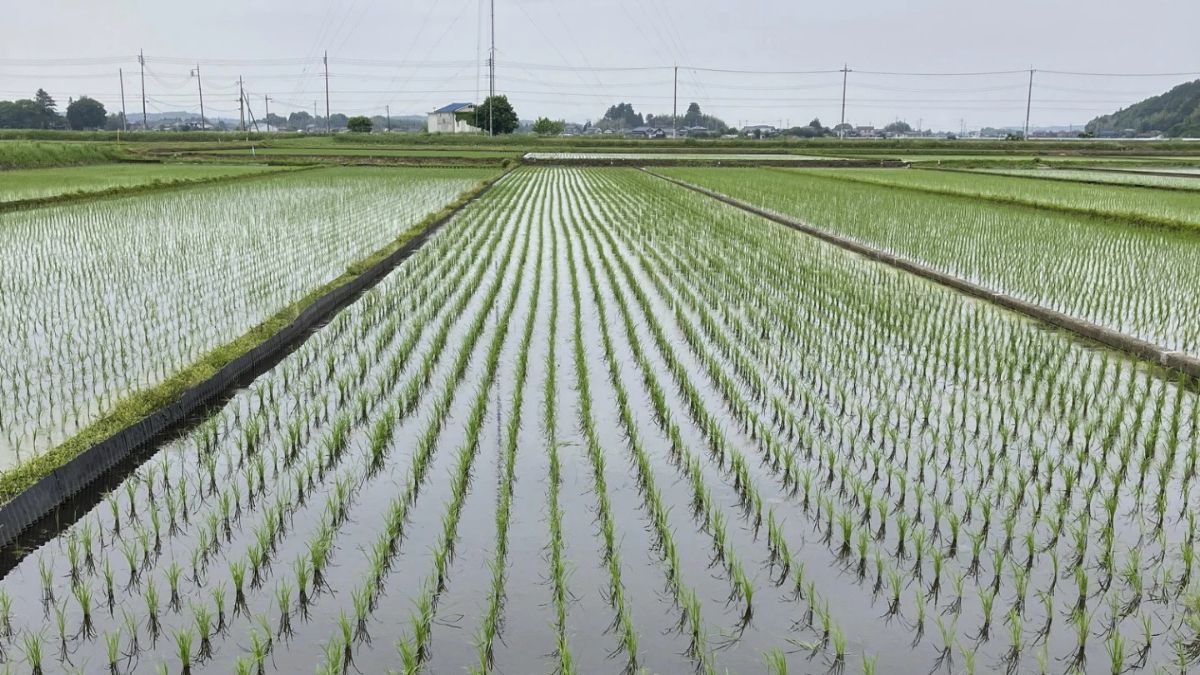Voluntary or volatile? Punjab land pooling policy sees unified pushback from opposition, farmers' bodies

Punjab's new land pooling policy aims to acquire land through voluntary means for development and urbanisation, while curbing the mushrooming of illegal colonies.
The new policy, cleared by the state cabinet last month, faces pushback from farmers' bodies, who argue that it would lead to the acquisition of fertile farmland to benefit large private developers, while they will face displacement.
ALSO READ | What does Aam Aadmi Party’s exit mean for INDIA bloc?
Unlike previous agitations, this time, the Sikkim Krantikari Morcha (SKM) has actively sought the support of political parties against the government’s policy. It even convened an all-party meeting on 18 July to finalise its course of action. The meeting was attended by all major parties, including Congress, Akali Dal, BJP, and Left parties—barring the ruling Aam Aadmi Party (AAP), which stayed away for obvious reasons.
Interestingly, the BJP’s support for the farmers’ agitation stands in sharp contrast to the frosty ties between the two sides since the introduction of the three central farm laws in 2020. The party has even assured the farmers of support from its central leadership.
Although the Mann government insists that the new policy is pro-farmer—highlighting its voluntary nature, improved incentives, and exit clauses compared to the previous version—many farmers remain sceptical. Under the new policy, those contributing their land would be given a portion of developed land, and even paid yearly rent for three years till a project is developed.
However, the apprehension stems from past experiences where land surrendered for development did not result in fair or beneficial returns.
Despite the seemingly attractive incentives, farmers fear that this new model paves the way for the gradual conversion of fertile agricultural land into private real estate zones, altering rural economy and land ownership patterns in the long term.
The AAP government would need to actively engage with the landowners to quell their doubts. While increased urbanisation remains a reality, illegal or disorganised development poses a bigger challenge to the state’s societal and financial needs.
ALSO READ | How Sikh activist's protest atop 400-feet BSNL tower led to Punjab's new sacrilege law
In addition to the SKM-led campaign, various political parties have independently launched their own protests. A significant show of strength is expected on 30 July with tractor rallies across villages, followed by a large-scale rally on 24 August.
The political undercurrents are unmistakable. With the 2027 Assembly elections on the horizon, opposition parties see this as an opportunity to corner the Mann government.
Tensions have also escalated since Mann took an unusually assertive stance against the farmers’ agitation a few months ago, leading to a public rift.
As the state inches towards 2027, Mann has tried to focus on governance—rolling out new initiatives and fine-tuning existing schemes in a bid to consolidate his position.
However, the pressure on the AAP government has intensified since the party’s defeat in the Delhi elections. Since then, the senior party leadership has become more visibly involved in Punjab’s affairs.
India